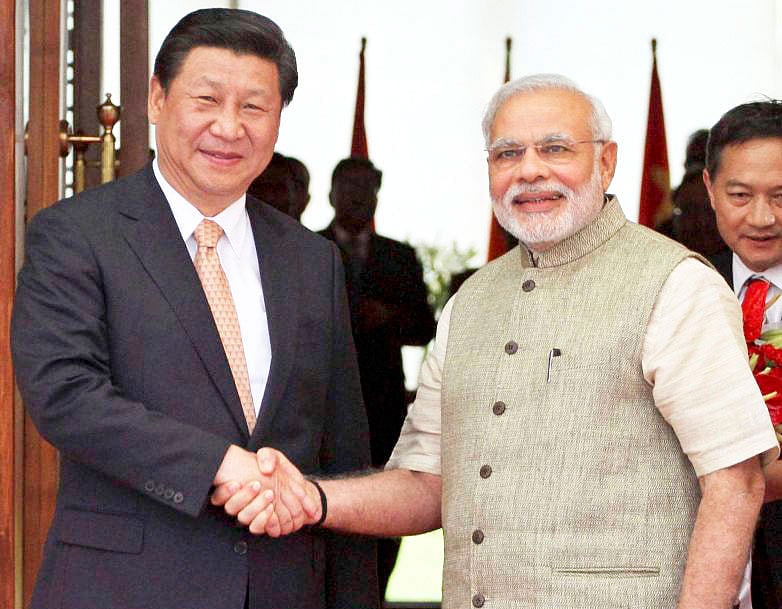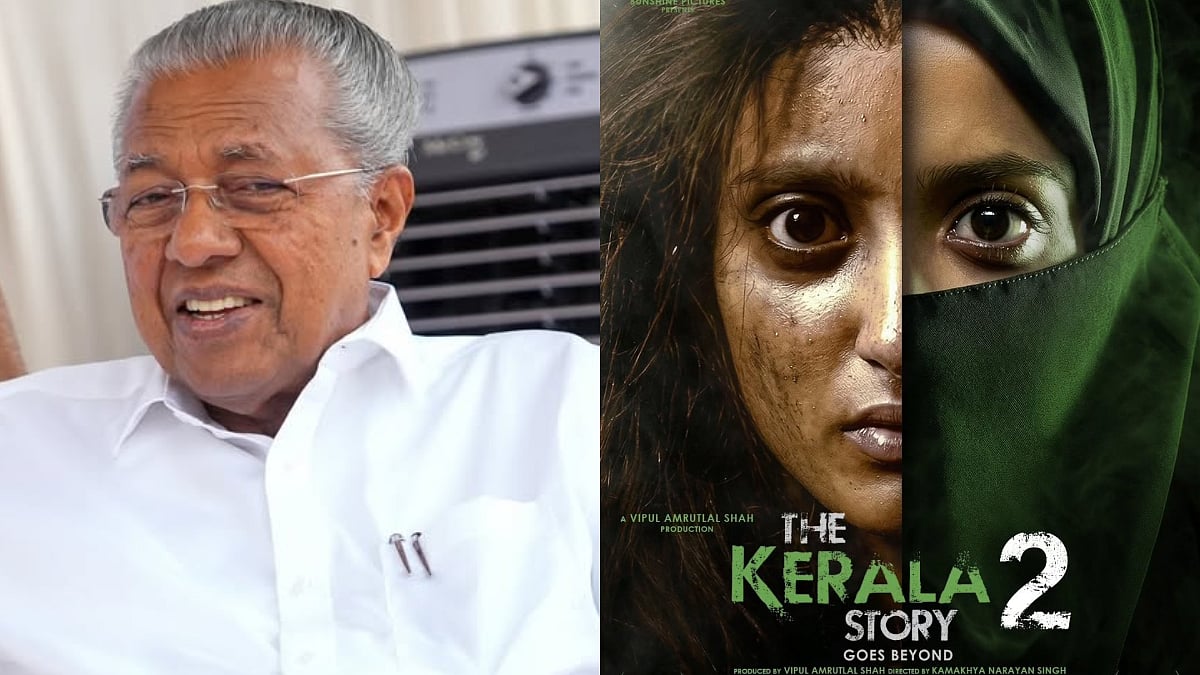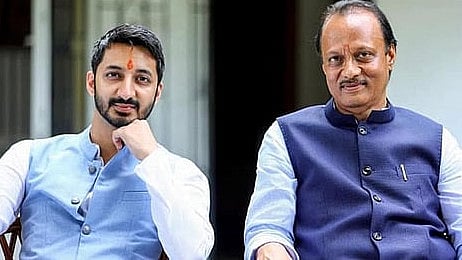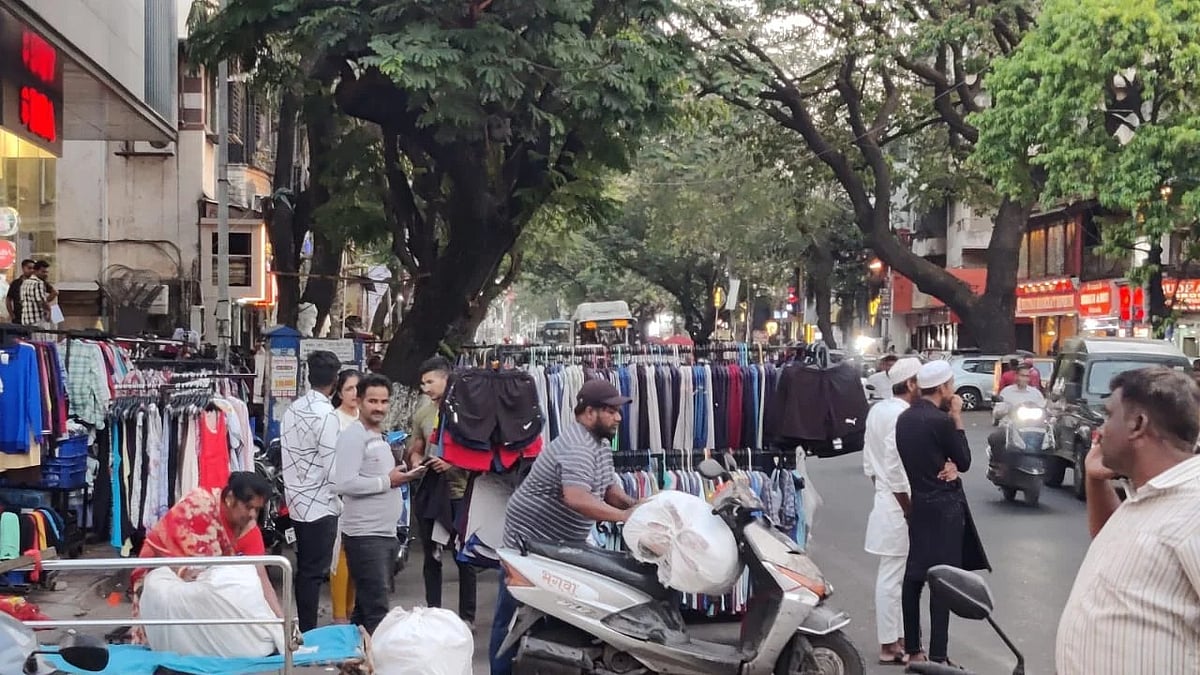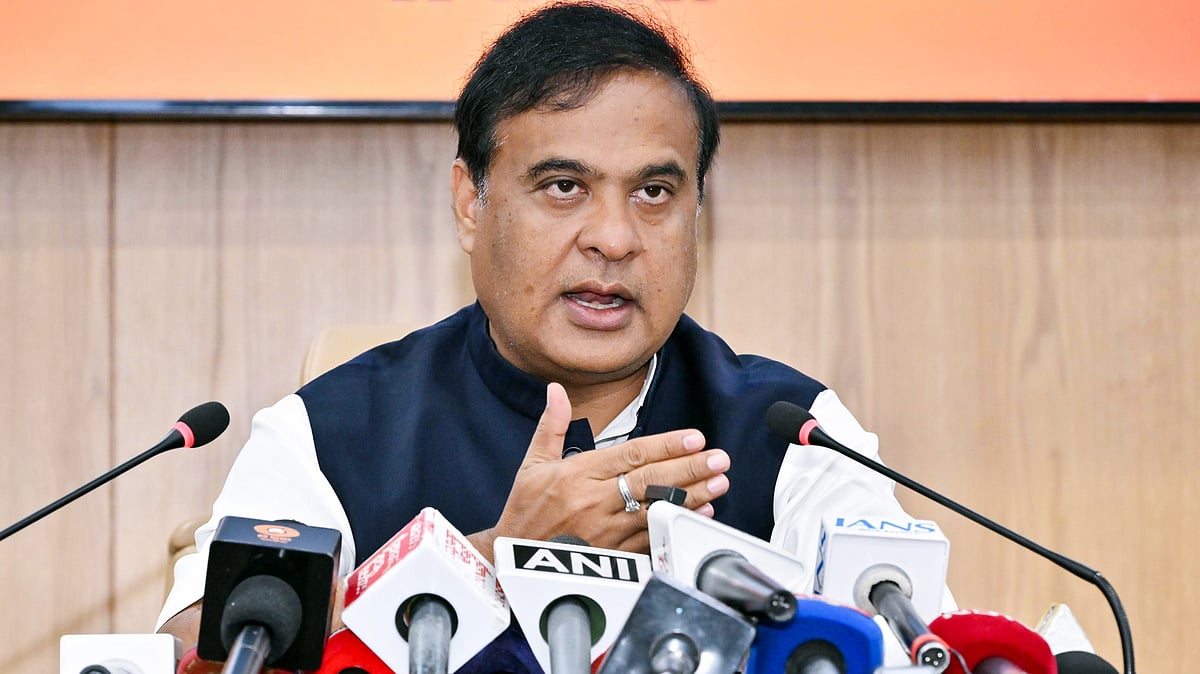Signs of Hope, ChinaTurningthe Corner
At a time when the world is facing an unprecedented public health crisis, India also has taken measures of commendable boldness to combat the COVID-19 pandemic. We wish to share the experience and learnings of China’s own battle against this novel disease, in the hope that these would be useful to the brotherly people of India towards full success.
Thanks to the unremitting efforts and huge sacrifices of the Chinese government and people, the COVID-19 epidemic in China is now under control.Wuhan,the epicenter of the epidemic in China,has reportedno increase in both confirmed and suspected cases in the past several days.
These achievements are by no means easy. They required the combined and well-coordinated efforts of the central and provincial governments, the medical fraternity, the scientific community, businesses to make available much-needed goods and services on a war-footing, and, above all, the people themselves. The effective measures taken by China are now bringing hope to the world in the fight against COVID-19.
Fighting Common Challenge, People true Hero
Wuhan is the ground zero for the COVID-19 attack, just as terrorists attacked New York during the 9/11 attacks. Both Wuhan and New York have suffered enormous misfortunes, in fact, while Wuhan is just recovering, New York is still in the midst of the fight, this time against another unconventional threat, COVID-19. But people are always great, and we shall pass the tests with flying colours. The virus, like terrorism, is our common enemy, which observes no border, race or religion. There is no exclusive winner or loser in the battle against the epidemic, and all human beings, regardless of country, ethnicity, or race, are victims. Why does an epidemic or terrorism occur? What are the lessons to be learned by countries in their response? The underlying reasons behind the phenomena are complex, and these are best left to experts, scientists and sociologists to study in an unbiased manner.
Unfortunately, some western politicians, instead of focusing on the difficult tasks involved in the fight against the COVID-19 pandemic, seem more interested in earning political mileage from a humanitarian crisis. They are eager to shift their peoples’ sights and look for “scapegoats” by stigmatising Wuhan and China. Such tricks by people with ulterior motives will only shoot themselves in the foot. There have been many unforeseen social crises and economic downturns in human history, and such adversities call for unity, solidarity and mutual cooperation. Finger-pointing is unacceptable—indeed, counter-productive. Even more unacceptable are attempts at vilification that reveal racist, xenophobic and extremist clichés. History has repeatedly proven that such diabolical ideas only end up in trash box.
Ancient Civilisations, Ultimate Responsibility
This year marks the 70th anniversary of the establishment of the China-India diplomatic relations, also a significant year for our two sides to tackle the challenge together and convert it into opportunity. Recently, State Councillor and Foreign Minister of China, Wang Yi, had a telephone talk with the External Affairs Minister of India, Dr. Subrahmanyam Jaishankar, sharing the view that China and India will step up cooperation in fighting COVID-19.
On March 26, President Xi Jinping and Prime Minister Narendra Modi both participated in an emergency virtual summit of leaders from G20 to discuss a united global response to the coronavirus pandemic. We are happy to see cooperation between China and India combating the COVID-19 are gaining momentum. This is the time to expand and deepen channels of India-China dialogue manifold. As the world’s only 2 living ancient civilisations with huge populations, our nations hold the ultimate responsibility for humanity. We are pleased to note that Mr Mukesh Ambani and other Indian business leaders have written letters to the Chinese side to express solidarity.
Similarly, Chinese business leaders such as Fosun and Jack Ma Foundation, have donated medical materials to the Municipal Corporation of Greater Mumbai and India, citing both Chinese and Indian poems — “Through thick and thin. Through defeat and win”. In addition to business donations, Shanghai, Mumbai’s sister city, is eager to contribute to Mumbai and Maharashtra through video exchanges among experts and donations of medical equipment.
Such local government cooperation and people-to-people exchanges will surely go a long way in boosting China-India cooperation in these trying times. We live in the same global village, and the whole world is a community of shared future. Looking to the future, we are facing increasing conventional and unconventional challenges ahead.
Global cooperation sharing weal and woe is the only choice to resolve and transcend challenges and tests. China and India, as the only two living civilizations with largest populations in the world, hold the highest moral responsibility for humanity, together we can show the way to the rest of the world.
Mr Tang Guocai is the Consul General of the People’s Republic of China in Mumbai. Sudheendra Kulkarni, who served as a close aide to India’s former Prime Minister Atal Bihari Vajpayee, has been active in promoting India-China friendship.
